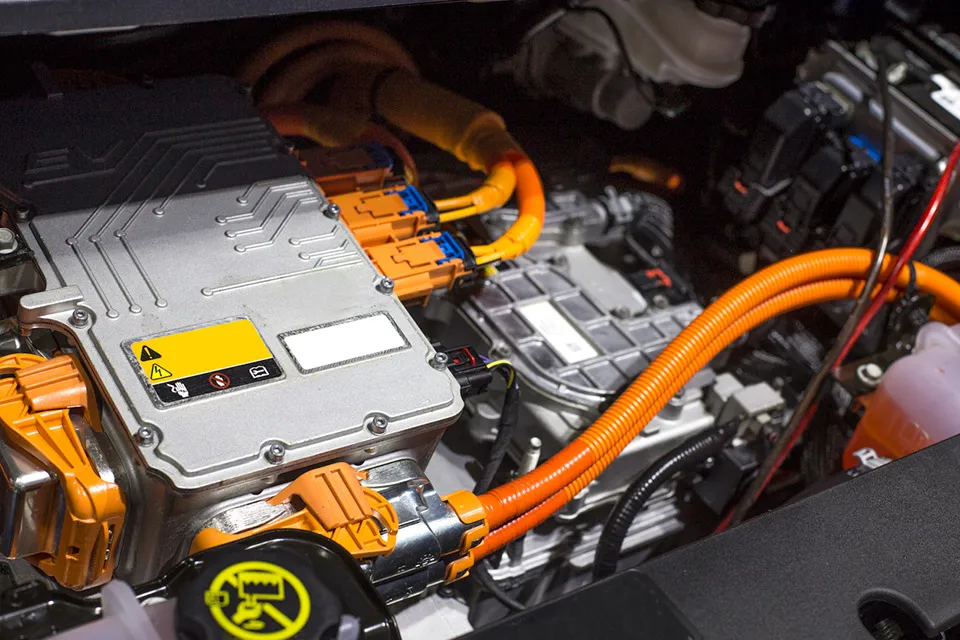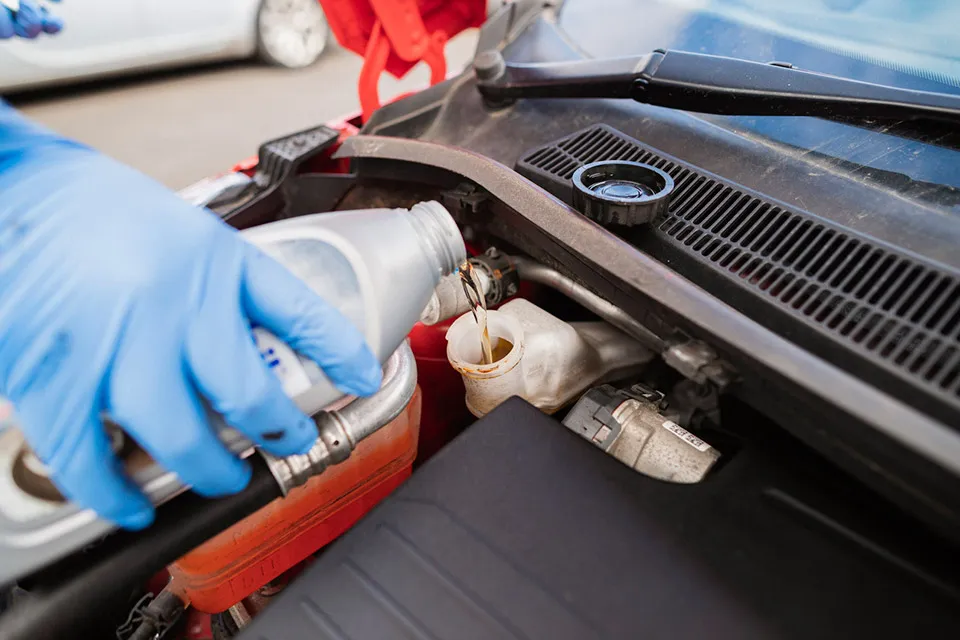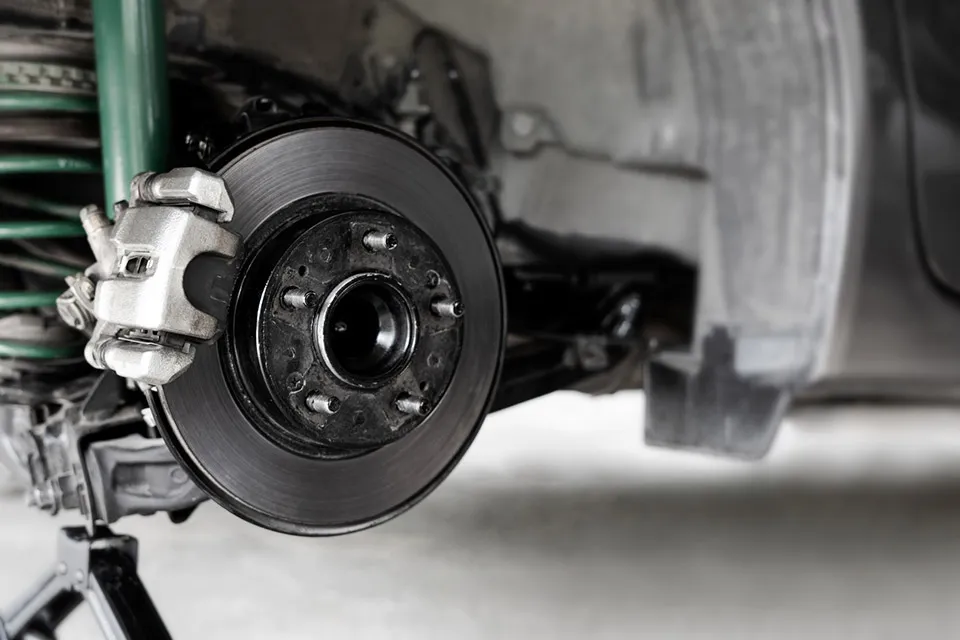Electric Car Maintenance Guide and Tips

Responsible car ownership is all about maintenance, and new EV drivers need to know what it takes to maintain their electric vehicles. Fortunately, electric car maintenance is much easier than the upkeep on an internal combustion vehicle: with fewer moving parts and fewer components to replace, you'll save money and time by choosing an EV over a regular car. Of course, getting a good vehicle starts with proper research, which you can do with tools like a VIN decoder or a vehicle history report. But even after finding a quality EV, there are still a few things you'll need to take care of if you want to keep your vehicle in proper working order.
What Maintenance Does An Electric Car Need?
Electric vehicles (EVs) offer a modern and eco-friendly mode of transportation, but like any vehicle, they require regular maintenance to ensure optimal performance and longevity. Here are some key maintenance tasks for electric cars:
Watch for High Temperatures
While extremely low temperatures aren't good for your battery, extremely high temperatures can severely affect their ability to function. Proper battery maintenance keeps vehicles out of high temperatures as much as possible, as these can reduce their range, charge rate, and overall performance. For the most part, lithium-ion batteries have what's known as a battery management system or BMS that regulates their charging rates in relation to their internal temperatures. As temperatures rise, charging rates decrease, and your BMS may halt charging altogether to ensure the battery doesn't stop working.
These systems can only do so much, and if temperatures get high enough, the cells in your battery fail. If this happens, your car will stop accelerating and slowly come to a stop. If the battery stays at high temperatures, chemical reactions within the system could result in a fire or explosion. Heat starts to become an issue at around 86 degrees Fahrenheit and compounds as the environment continues to heat up.
Don't Worry about Oil Changes, But Keep Fluids Full

An oil change is one of the most common EV maintenance tasks you would need to complete with a traditional internal combustion engine vehicle. Oil is responsible for lubricating all the moving parts of an engine and, if neglected, will turn into a damaging sludge. But with electric cars, propulsion comes from its electric battery and motor. Oil isn't necessary because they have different drive trains and lack pistons, valves, and other moving parts that need to be lubricated.
Of course, there are still other fluids that your'll need as part of routine maintenance on electric cars. These include:
- Brake Fluid: One of the ways EVs recycle energy is through their regenerative braking systems, which turns the otherwise wasted kinetic energy lost through braking (that would usually turn into useless heat) and converts it into usable electricity. The brake fluid needs to be replaced regularly to keep this system functioning. While individual needs vary based on vehicle model and manufacturer, you'll want to replace this brake fluid on average every 25,000-45,000 miles.
- Coolant: The battery in your EV relies on its thermoregulation systems to prevent overheating, which requires coolant fluid to function. This fluid will need to be kept at a certain level and replaced, but not nearly as often as with ICE vehicles. You'll want to replace this fluid on average every 30,000 miles; to get the exact amount for your car, check your owner's manual or consult the manufacturer.
- Windshield Washing Fluid: Whether your vehicle is powered by electricity or internal combustion, it will still need a clean windshield. Windshield wiper fluid can remove dust and debris from a dirty windshield, but only if your fluids are topped off. Make sure to check your wiper fluid levels regularly and fill them up if they get too low.
Don't Charge Too Fast or Too Often
While it may seem more convenient to use fast chargers or keep your battery at 100%, doing either can reduce its usable lifetime. Fast chargers accelerate battery degradation, and using anything over 240-volt charging will reduce your range far quicker. The best way to avoid needing fast chargers is to plan ahead and plug in your car well before traveling. Putting your car on the charger overnight is an excellent way to do this, but be careful not to charge your car up too much.
Filling your battery to 100% is also detrimental to maintaining its health and can accelerate degradation, as can draining the battery down to zero. Most manufacturers recommend filling your car up to between 80% and 90% and not allowing it to fall below 10%. Some batteries will have built-in systems to prevent reaching too high of a level, but for all other models, you'll want to monitor your charge level closely.
Take Care of Your Brakes and Tires

You'll want to be incredibly attentive to two essential features of your electric car maintenance: your brakes and tires. EVs have a particular set of components known as a regenerative braking system that converts kinetic energy into usable electricity. So, you need to ensure that the rotors, pads, fluid, and every other one of these systems get inspected and worn-out parts get replaced when needed.
For your tires, you'll need to perform rotations regularly. Tire rotations are the best way to ensure your tread depth remains even, extending the usable lifetime of your tires and saving you money. Just like you would with an internal combustion engine vehicle, you'll want to get a tire rotation every 5,000 to 7,000 miles. For a more precise recommendation, you can consult your owner's manual or manufacturer's suggested schedule for electric vehicle maintenance.
EV Maintenance Costs?
How much your EV will cost to maintain will depend on several factors, including your manufacturer, model type, the environment you drive in, and how often you travel. According to the Office of Energy Efficiency and Renewable Energy, EV drivers can expect to pay around $0.06 per mile in maintenance costs. This cost is lower than the $0.10 per mile average that ICE vehicles cost. Many maintenance fees will be the same for EVs and gas cars, including tires and suspension systems. But overall, you can expect to pay an average of $330 less per year than a person driving a gas-powered vehicle.
FREE Vehicle Search
- Accidents
- Problem Checks
- Title Records
- Recalls
- Values
- Specs
-
InfoPay, Inc. (dba GoodCar) is an Approved NMVTIS Data Provider
-
-























